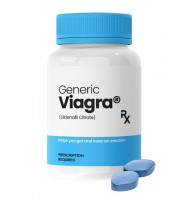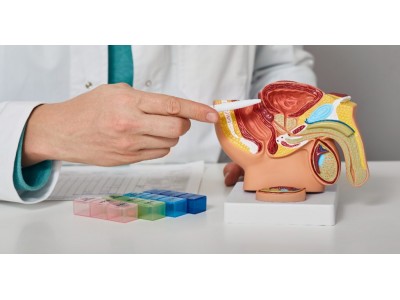Curing prostate issues naturally typically involves lifestyle changes and dietary adjustments rather than a complete cure in the medical sense. Here are some natural approaches that may help maintain prostate health:
Healthy Diet: Consuming a balanced diet rich in fruits, vegetables, whole grains, and lean proteins can support overall health, including prostate health. Foods high in antioxidants, such as tomatoes, berries, and nuts, may be particularly beneficial.
Regular Exercise: Engaging in regular physical activity, such as walking, swimming, or cycling, can help maintain a healthy weight and improve overall well-being, which may indirectly benefit prostate health.
Stay Hydrated: Drinking plenty of water and staying hydrated is important for overall health and may support urinary function.
Limit Alcohol and Caffeine: Excessive consumption of alcohol and caffeine can irritate the prostate and bladder, so moderation is key.
Healthy Fats: Consuming healthy fats, such as those found in olive oil, avocados, and fatty fish like salmon, can be beneficial. Omega-3 fatty acids, in particular, may have anti-inflammatory properties.
Avoid Smoking: Smoking has been linked to an increased risk of prostate problems, so quitting smoking is beneficial for overall health.
Herbal Supplements: Some herbal supplements, such as saw palmetto, pygeum, and stinging nettle, are believed to support prostate health. However, their effectiveness varies, and it's important to consult with a healthcare provider before starting any new supplements.
Regular Medical Check-ups: Regular visits to a healthcare provider for prostate screenings, such as PSA tests and digital rectal exams, are important for early detection of any potential issues.
It's crucial to note that natural approaches may help support prostate health and alleviate symptoms, but they may not completely cure prostate issues or replace medical treatments when necessary. If you have concerns about your prostate health or symptoms like difficulty urinating, pain, or blood in the urine, it's essential to seek medical advice from a healthcare provider who can provide a proper diagnosis and recommend appropriate treatment options.
Read also 45 prostate erectile dysfunction

